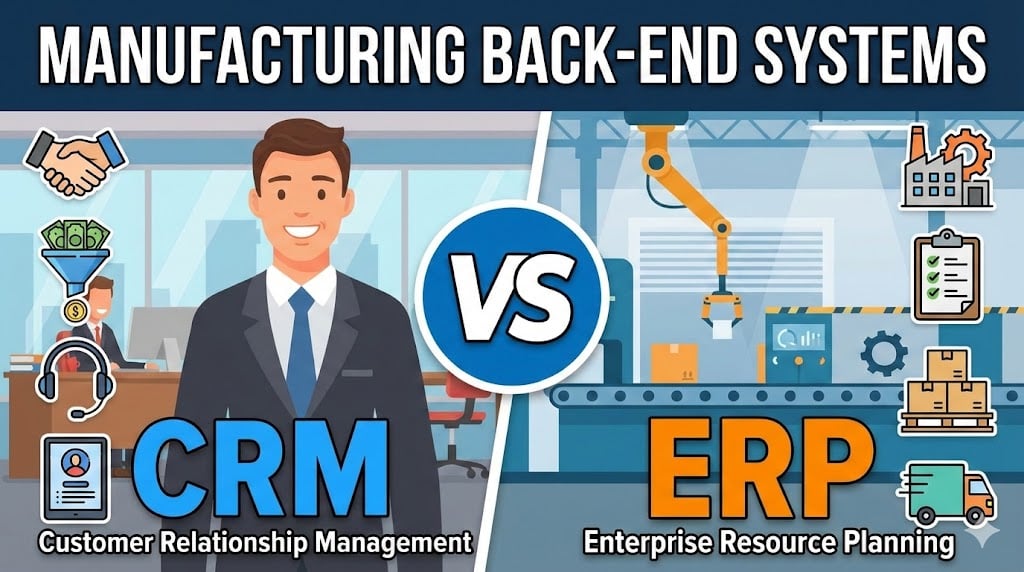
Content Marketing | 3 min read
Create Tangible Value in Your Brand
Smaller businesses think differently from bigger brands in terms of building value and reputation. In our topic today, we discuss building value in a business and how we should think if we want to move forward and grow. Whether you intend to sell or hand it over to somebody, you must start shaping your business into something that you want.
When does a brand's reputation become valuable in the sale of a brand?
Each business owner sees high value in their business and expects that buyers see the same way. However, their perspectives are normally not the same. Brands are worth what they can deliver in the market. How well is your brand recognized, and how well will it drive revenue, profit, and income?
Buyers are not buying history but how much it can deliver in the future. If the brands are well known or differentiated well enough, they can point out that they can develop high revenue or better margins or close more deals. That can be something you can put a dollar figure to.
Capitalize on your brands. Most businesses begin as a personal brand, and there can be a struggle to become a business brand. How do we make a difference and get paid for it? How are we going to differentiate ourselves from other products in the market? Most importantly, how well do you deliver on your promise?
With acquisition, what determines whether it is best to absorb the brand or allow it to continue to trade independently?
When buying, think about how to facilitate a transition where you preserve value and leverage that value. You buy a brand for the business. Not harm or damage the asset you are acquiring. Remember that you bought the brand for a reason. Also, do not forget that the company's value is in the people.
Often the customer is overlooked. They are not made aware of why the company was sold. Educating the customer or letting them know why and how much the product's value is. Synergies in the acquisition are often sought, but that is not helpful since the cultural value is not the same
Remember that in the absence of clear communication the human brain instinctively fills the void with the worst possible case scenario. Clarify the point and the message completely to not scare the people away. When you are doing an acquisition, you have to think of how to make it happen slowly and progressively rather than quickly.
When do you sell a business? What's the process?
Think of the multiple factors that impact your selling:
- Financial
- Timing
- Legacy
From the beginning, build your business like you are selling it one day. Prepare everything if you are going to have an unexpected guest. The more you do that, the better your position to capture value. Business exists because there is a shortage of resources that must be applied to solve many problems. Engaging with someone who can help you put all this stuff together can help to understand what is important, what the drivers are, what are those to put first, and where to put your focus on.
Regardless of selling or handing your business to a successor, you must remember to get all the pieces in the right place. Clean the house and put it in order. It helps to get advisors since they have the right question, know how to ask them, when to ask them and in what order to ask them to get the right answer from you.
Published on August 04, 2022





